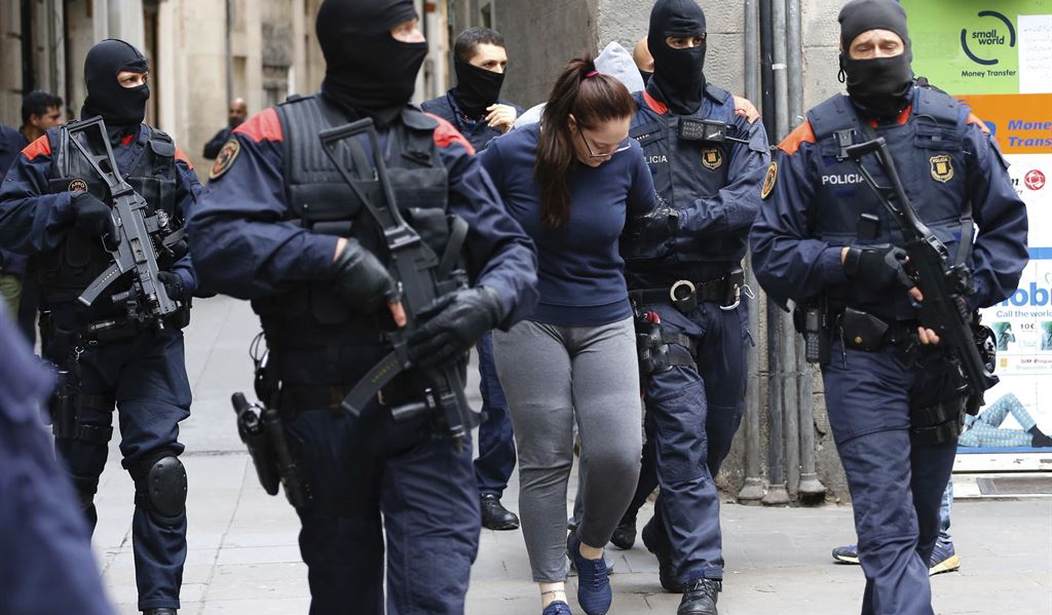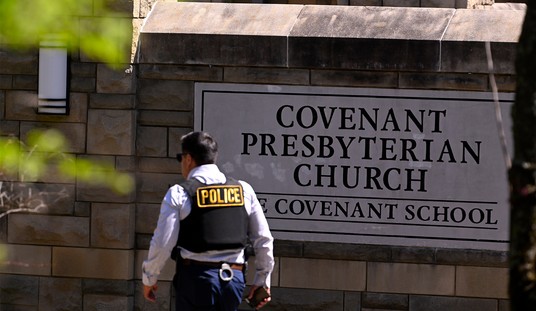Everyone knows that Coronavirus (COVID-19) has become a global pandemic. As a result, it is straining international economies, health care systems, educational institutions and more. So, it is no surprise that the Coronavirus is also guaranteed to negatively impact victims of commercialized sexual exploitation--sex trafficking/prostitution.
It must first be acknowledged that in the midst of this new health crisis, sex trafficked and prostituted individuals are already experiencing ever-present threats and harms to their health. While more research is needed, a review of 19 studies found that sex trafficking victims experience a high prevalence of both violence and mental distress, and many studies find essentially identical experiences of violence among prostituted persons. Additional research has found common physical health problems among sex trafficking victims to include sexual and reproductive health problems (e.g. STIs), back pain, fatigue, headaches, and serious weight loss—along with persistent mental health symptoms including depression, anxiety, and PTSD. Likewise, women in prostitution experience levels of emotional distress that are “off the charts” including depression, suicidality, post-traumatic stress disorder, dissociation, and substance abuse, as well as a litany of physical health harms.
Now, on top of their existing, inherent vulnerabilities, the Coronavirus brings new threats into sex trafficked and prostituted persons’ lives.
First, pimps (the functional equivalents of sex traffickers) are likely to continue to force their victims to be in sexual contact with multiple strangers a day, putting them at high risk for contracting Coronavirus. And in some areas, according to direct service providers, pimps and traffickers are also coercing exploited persons into “gig” jobs to make up for lost profits, which further exposes them, and those they interact with, to the risk of illness. Second, should a prostituting or sex trafficked person contract the virus, they are likely to face barriers to accessing healthcare in a timely manner. Surveys show that these barriers may include “coercion and control by [pimps/traffickers], language barriers, social and cultural alienation, and pervasive fear and shame.” Third, if some individuals in the sex trade have the agency to refrain from selling sex given the pandemic, then they’ll likely face nearly debilitating economic insecurity, and so may be unable to pay for food and shelter.
Recommended
So how can we respond to help those among us who are most vulnerable?
It is of vital importance that services and shelters for domestic violence and sex trafficking victims, as well as the homeless, receive more funding. Emergency federal spending bills in response to the Coronavirus should earmark special provisions for these vulnerable populations. But we also should keep these organizations and kinds of services in mind for private donations. In times of economic uncertainty, many people will stop charitable donations to various kinds of organizations, but it is vital that the resources for these services and shelters increase—not decrease.
We also must raise awareness that there are exit services available to those who are able to transition out of the sex trade. In many circumstances, these kinds of services can counteract or mitigate the economic insecurity that occurs when someone stops selling sex through the provision of services and job training. A list of such services can be found at SexTradeSurvivorResources.com.
And lastly, despite the overwhelming task they are already undertaking, it is important for healthcare professionals to tune-in to any signs of sexual abuse as they see an influx of patients in the coming weeks. It is a difficult thing to add more onto the plate of already overburdened individuals, but the reality is that an estimated 88% of sex trafficked persons come into contact with healthcare professionals during some period of their exploitation. Too often they pass through the halls of a hospital or clinic, only to be sent home to their exploiter.
During a healthcare-focused panel at a recent WorldWithoutExploitation conference, Dr. Anita Ravi, a board-certified family physician and the Founder and Medical Director of PurpLE Clinic, stated:
“People come into clinics complaining of not being able to swallow and doctors aren’t asking questions to realize that it is because they are being choked regularly. People complain of bone and muscle aches, and doctors don’t ask to realize it’s because they’ve been running away in heels for years.”
It is vital amid this storm to slow down, whenever humanly possible, and spend a moment to identify abuse victims of all kinds so that they may find an opportunity for freedom amid the chaos of Coronavirus.
These principles hold true for all of us, whether we are first responders or individuals going about our day, we must remember to think of and care for others who may face greater threats than ourselves.
Amid the current global pandemic, let’s not forget sex trafficked and prostituted persons.
























Join the conversation as a VIP Member